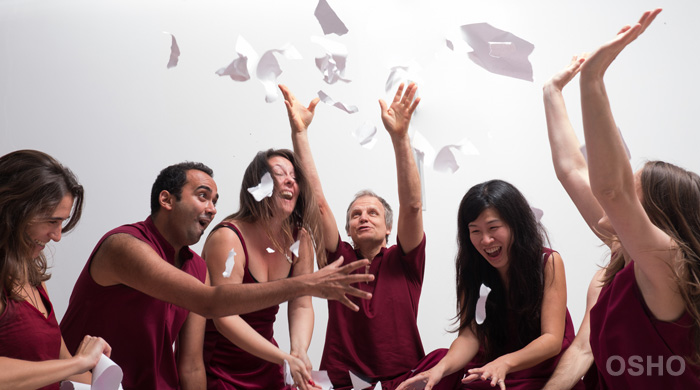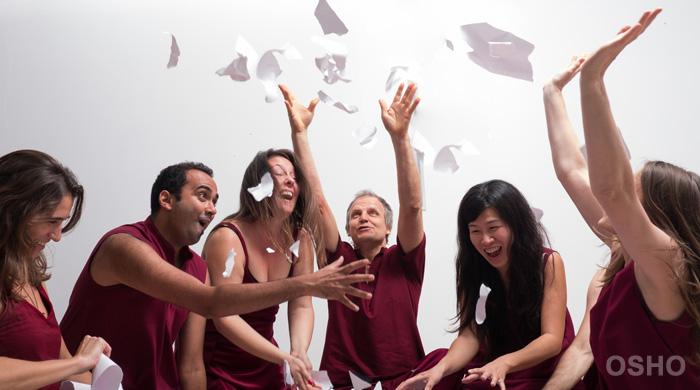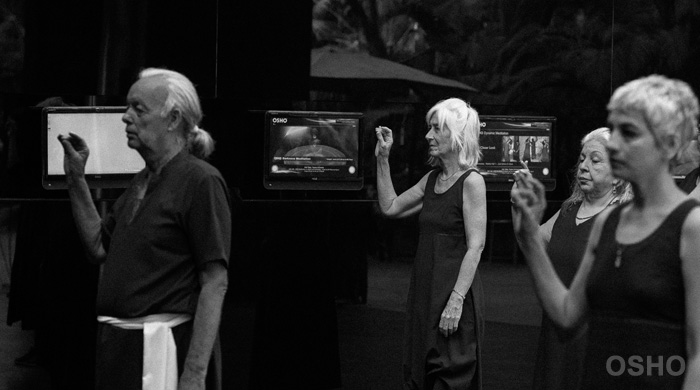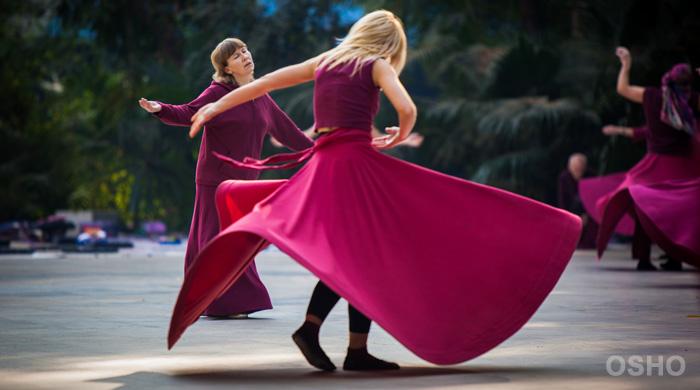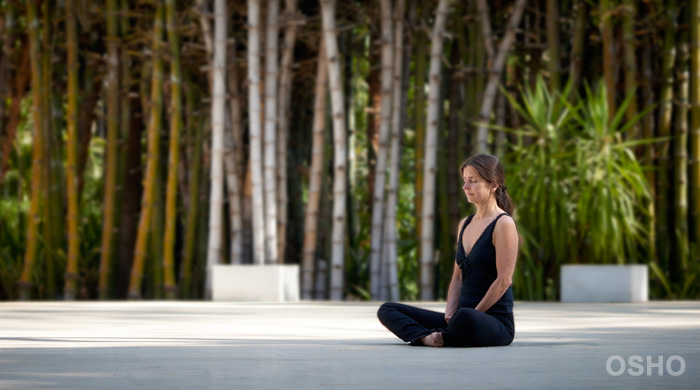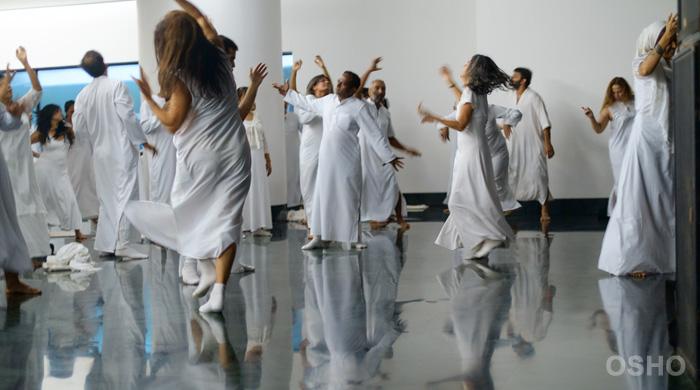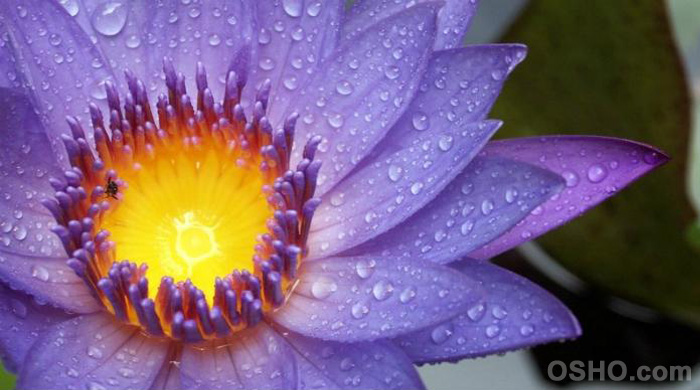A Woman Asks about Pain, in Khalil Gibran’s The Prophet (Part 5)
Why has the question arisen in a woman and not in a man? Because the woman has suffered slavery, the woman has suffered humiliation, the woman has suffered economic dependence, and above all she has suffered a constant state of pregnancy. For centuries she has lived in pain and pain and pain. The growing child in her does not allow her to eat; she is always feeling like throwing up, vomiting. When the child has grown to nine months, the birth of the child is almost the death of the woman. And when she is not even free of one pregnancy the husband is ready to make her pregnant again. It seems that the woman’s only function is to be a factory to produce crowds.
And what is man’s function? He does not participate in her pain. Nine months she suffers, the birth of the child she suffers – and what does the man do? As far as the man is concerned, he simply uses the woman as an object to fulfill his lust and sexuality. He is not concerned at all about what the consequence will be for the woman. And still he goes on saying, “I love you.” If he had really loved her, the world would not have been overpopulated. His word love is absolutely empty. He has treated her almost like cattle.
And you would accept the seasons of your heart, even as you have always accepted the seasons that pass over your fields.
True, and yet not absolutely true. True if you forget about the questioner, but not true if you remember the questioner. Just as a philosophical statement it is true.
And you would accept the seasons of your heart… Sometimes there is pleasure, and sometimes there is pain, and sometimes there is just indifference – no pain, no pleasure. He is saying, “If you accept the seasons of your heart, even as you have always accepted the seasons that pass over your fields….”
Superficially it is true. Acceptance of anything gives you a certain peace, a certain calmness. You are not too worried; you know this too will pass. But as far as the woman is concerned there is a difference. She is constantly living in one season – pain and pain. The seasons don’t change from summer to winter, or to rain. The woman’s life is really hard.
It is not so hard today, but only in the advanced countries. Eighty percent of India’s population lives in villages, where you can see the real hardship that the woman goes through. She has been going through that hardship for centuries, and the season does not change. If you look into this fact then this statement becomes anti-revolutionary, this statement becomes a consolation: 'Accept the slavery of man, accept the torture of the man.'….
The woman has lived in such pain…and yet Almustafa completely forgets who is asking the question. It is possible to accept the change of seasons, but not ten thousand years of slavery. The season does not change….
The woman needs revolt, not acceptance.
Osho, The Messiah: Commentaries on Khalil Gibran's The Prophet, Vol.2, Talk #4





